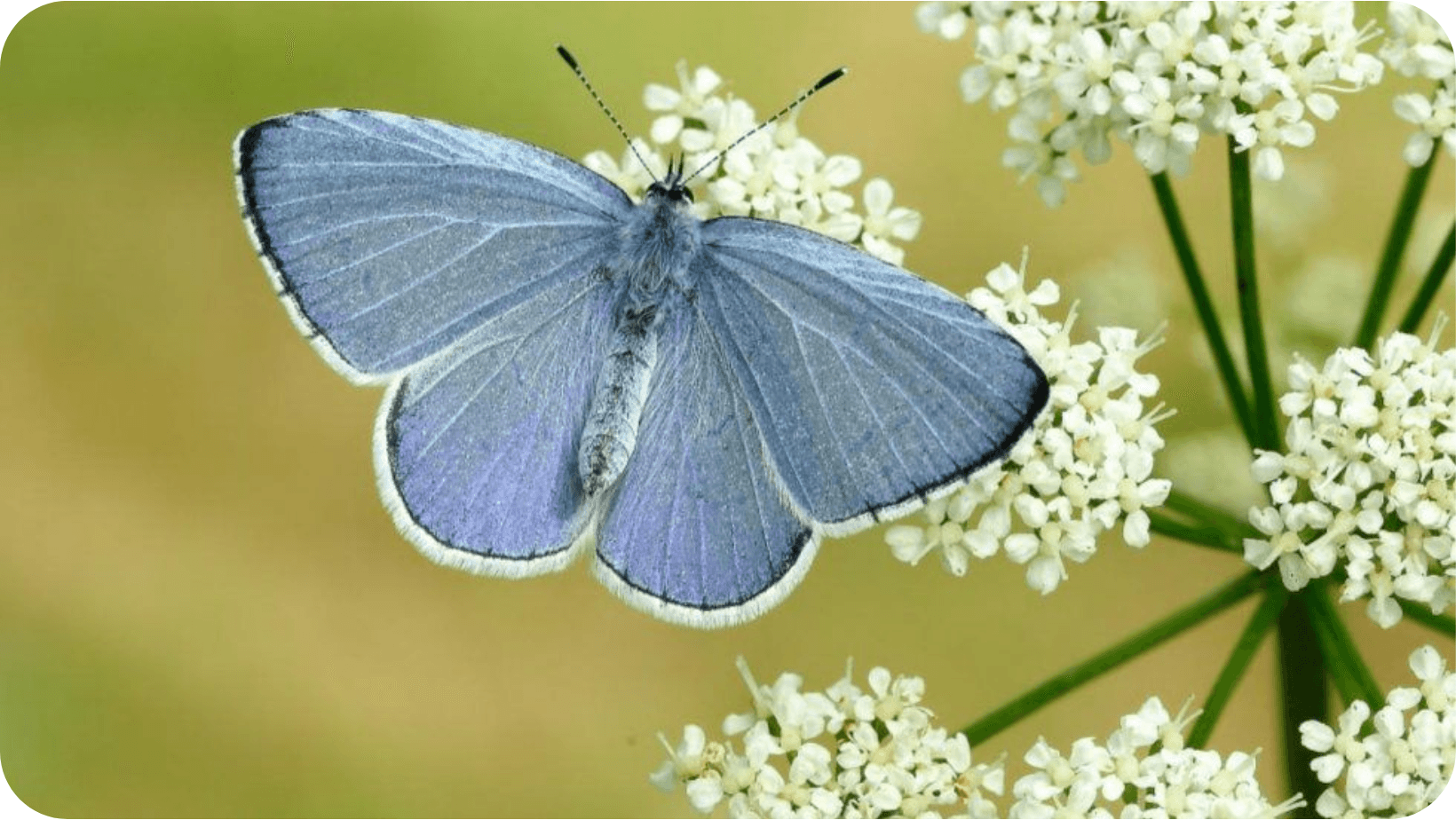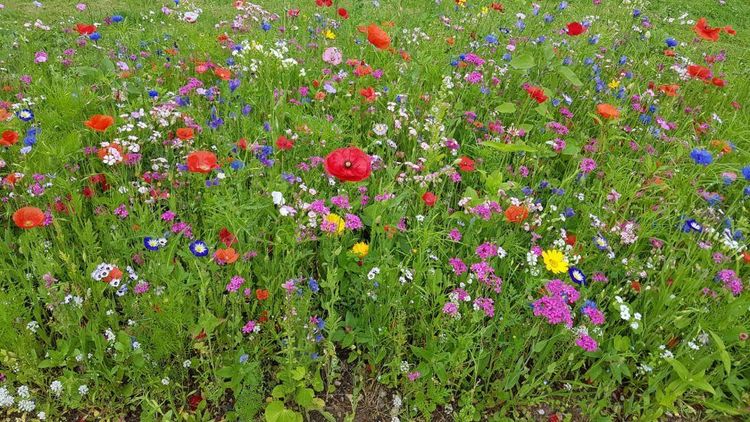No Mow May: Help nature this Earth Day and let it grow
It is a quintessentially British trait, to keep a neat and tidy lawn and garden. As Spring returns, bringing with it ample sunshine and the odd shower of rain, the scent of freshly cut grass and the ambience of lawn mowers mowing is a regular occurrence throughout the nation. It is a little-known fact that this seemingly menial act that has become a staple activity within modern-day society, has devastating effects on local wildlife, and contributes vastly towards the rapid decline of pollinators and the climate crisis.
Great Britain has lost over 97% percent of its wildflower meadows since the 1930s. This leaves a mere three percent for struggling pollinators such as bees, birds, and butterflies, to locate their much-needed pollen and sustain both their population numbers, and continue to pollinate our planet. With the vast majority of our beloved country being consumed by rural housing and farmland, there is little (if any) space left in Britain that remains wild and free.
So what do we do? How can we help? The answer, thankfully, is simple. And better yet, it is cost-free and effort-free. If you have access to a green space, quite simply; do nothing, let it grow.
Plant Life, a British Conservation charity, works nationally and internationally to save threatened wild flowers, plants, and fungi, and they are encouraging the general public to do their bit by participating in a month-long challenge aptly called: No Mow May where participants refrain from cutting their grass to allow struggling wildlife the chance to nurture and grow. This helps pollinators continue to do what they do best and pollinate our planet. Those green sprouts often mislabelled as ‘weeds’, please leave them be as well.
A weed is a wildflower that has not yet had the chance to grow. Wildflowers have a unique ability to help pollinators thrive, significantly improve biodiversity both above and below the soil, bring benefits to wildlife, and help reduce carbon emissions too. Our nation was once full of an array of forgotten floral beauty from tansy, hyacinth, periwinkle and heather to English primrose, poppies, snowdrops and bluebells, but due to our persistence of neatly trimmed grass with not a wildflower in sight, many of these are now on the verge of becoming endangered, and if we do not change our habits, are likely to become extinct.
A less favourable but monumentally vital wildflower is the dandelion. This robust English treasure has become a staple diet for many of our country’s pollinators simply because it is one of the few flowers that manages to bloom before it is cut down. Many wildflowers do not get the opportunity to share their beauty with the world, as we tend to pluck them as weeds before they’ve had the chance to fully grow.
No Mow May is a fantastic way to allow our struggling natural environment the chance to recuperate and along with being a free activity to enjoy, it is so much fun to participate in too.

A fantastic app for identifying which variations of flora and fauna may be growing in your front or back garden, allotment or green space, is Seek by iNaturalist. Not only is this app completely free to use, but it is bursting with educational and fun challenges to help us fall in love with nature growing on our very doorsteps. Using the app, take a picture of the plant and/or insect/animal you wish to identify, and it will store and log your discovery whilst telling you everything you need to know about its origin.
We’ve found some remarkable hidden wonders in our own gardens since allowing our grass to grow including the opium poppy, holly blue butterfly, and garden tiger moth, to name a few! As the grass grows, so do the floral wonders, and then the wildlife follows, from insects and pollinators to birds and small mammals that feed on them, we are yet to see a hedgehog but no doubt one will come along soon.
Join us this Earth Day and take the pledge to sign up to No Mow May and do our bit to help nature. For those that would like to do more, why not purchase a Beebomb to give nature a helping hand, or head on over to Friends Of The Earth who have Bee Saver Kits available in exchange for a donation of your choice. Another way to help is to sign the Plant Life Road Verge Campaign, encouraging local councils to allow grass verges to flourish and grow, and email your local council and/or MP to get them on board too.
